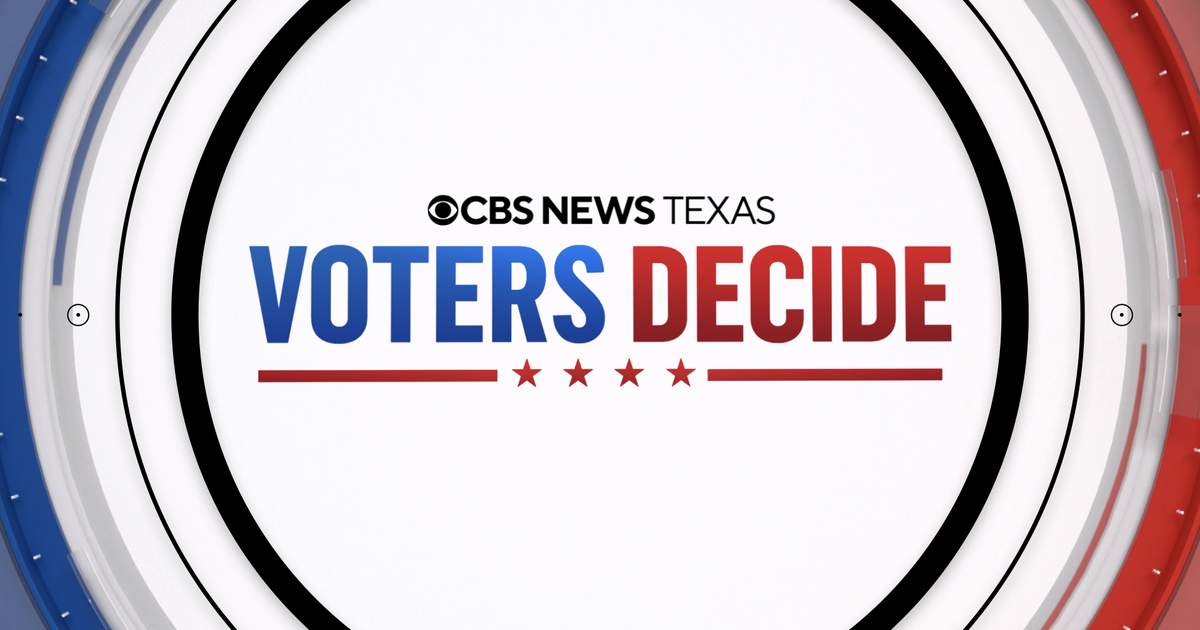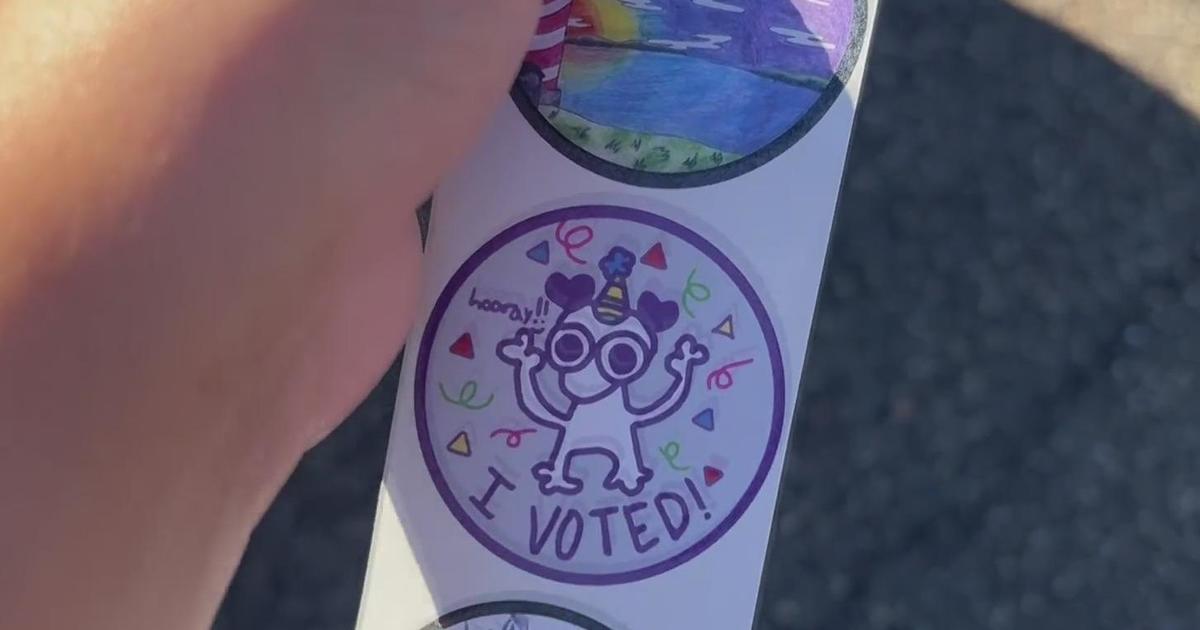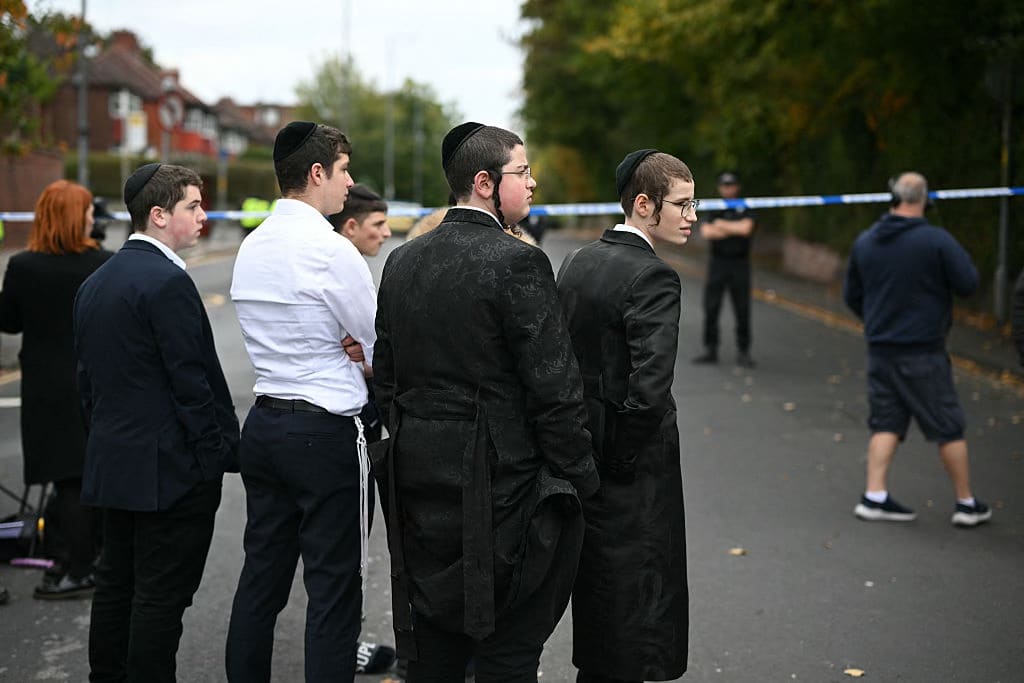British PM says she "had the balls to call election" after getting grilled by voters on Brexit, Trump
LONDON -- With less than a week until Britain votes in a national election, Prime Minister Theresa May faced tough questions from voters Friday about her Conservative government's cuts to welfare and health spending.
She was also accused by opponents of failing to stand up to the United States over its withdrawal from the Paris climate accord.
May and opposition Labour Party leader Jeremy Corbyn appeared before a live audience on prime-time TV - but consecutively, rather than side by side.
May has refused to take part in any televised debates, saying she prefers to answer questions directly from voters. Friday's show may have tested that preference, as audience members criticized the prime minister for presiding over stagnant wages for nurses and cuts for those needed physical and mental care.
May said the government had "had to take some hard choices across the public sector" to curb spending and reduce the country's deficit.
She also denied breaking promises, including her vow not to call an early election. May said she "had the balls to call an election" because it was important to give the government a stronger mandate to negotiate Britain's exit from the European Union.
May spoke after President Trump's announcement that he would pull out of the Paris accord sent the issue of climate change - and May's attempts to bolster the trans-Atlantic "special relationship" - to the top of the agenda in campaigning for Britain's June 8 election.
May's said she spoke to Mr. Trump by phone "and told him that the U.K. believes in the Paris agreement and that we didn't want the United States to leave the Paris agreement."
But Britain did not sign a joint statement by the leaders of Germany, France and Italy, who said they regretted Mr. Trump's decision and insisted that the accord cannot be renegotiated.
May's office would not say whether she had been asked to sign it. May noted that Japan and Canada - fellow members of the G-7 group of rich industrialized nations - also were not signatories, but like Britain remain committed to the Paris agreement.
"I made the U.K.'s position clear to President Trump last week at the G-7 meeting, as did the other G-7 leaders, and I made the position clear to President Trump last night," May said Friday.
Scottish First Minister Nicola Sturgeon said not signing the declaration was an "appalling abdication of leadership."
Corbyn accused May of "subservience" to Trump.
The Labour leader, a veteran left-winger who was given little chance of beating May at the start of the election, has had a good campaign and seen his poll ratings rise.
Corbyn also was made to squirm by the television audience, who pressed him on his opposition to Britain's nuclear arsenal, and asked if he would be prepared to use atomic weapons if Britain was threatened.
He did not answer definitively, but said he would "do everything I can to ensure that any threat is actually dealt with earlier on by negotiations and by talks."
"I think the idea of anyone ever using a nuclear weapon anywhere in the world is utterly appalling and terrible," Corbyn said.




